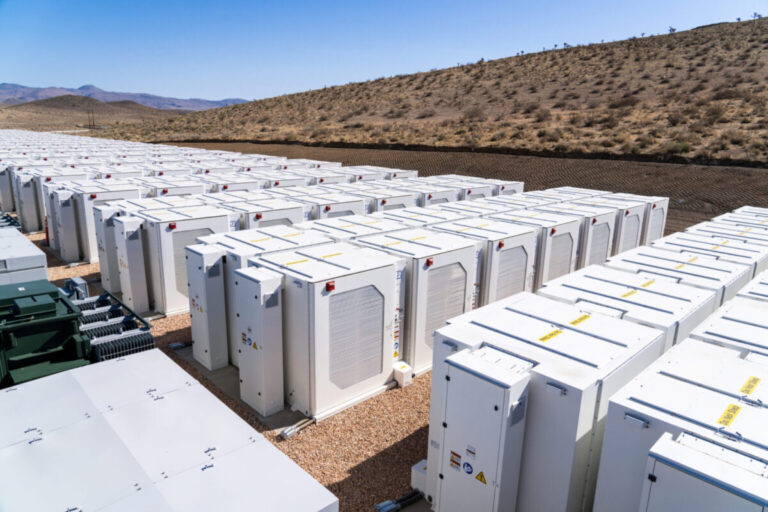Ratings firm Crisil expects India’s renewable energy storage capacity to increase by 6 GW by fiscal 2028, thanks to a healthy pipeline.
Ratings agency Crisil said it expects India’s renewable energy storage capacity to increase by 6 GW by FY 2028, from less than 1 GW operational as of March 2024. It said the energy storage capacity expansions will be driven by a robust pipeline of projects in progress and expects a healthy pace of the auctions. Such an increase is crucial to sustainably absorb the increasing share of renewable energy sources in the country’s total energy generation mix.
Analysts noted that while project implementation has been slow, the government’s push for renewable energy and competitive 24-hour energy tariffs are boosting confidence in energy storage adoption. It is notable that recent rates for 24-hour renewable energy are comparable to those of other continuous energy sources.
Storage is becoming increasingly important as the share of solar and wind energy in total generation grows. Because renewable energy generation is concentrated at specific times, such as solar during the day, it often does not match peak demand, which typically occurs in the morning and evening. Therefore, excess energy must be stored and discharged when necessary to keep the grid in balance.
To address this, the government is promoting standalone storage systems such as pumped hydro or battery storage and storage-linked projects that combine sustainable generation with storage. Auctions for these projects have increased, with 3 GW of standalone storage and 10 GW of storage-linked projects, including 2 GW of storage, having been auctioned over the past two financial years. This has created a pipeline of 6 GW of storage from May 2024.
According to government estimates, developing this much storage capacity is essential to sustainably increase the share of renewable energy to 20% to 22% of total generation.
However, progress was slow. Manish Gupta, senior director at Crisil Ratings, said slow uptake by state-owned distribution companies (discoms) has been a significant barrier, with 60% to 65% of such projects not having power purchase agreements (PPAs) as of May 2024.
Looking ahead, Crisil expects that the government’s push for renewable energy and the competitive rates of storage projects compared to other 24-hour sources will drive adoption.
The government plans to increase the country’s renewable capacity to 450 GW by 2030, up from 130 GW in March 2024. To support this, discoms are required to meet renewable purchase obligations (RPOs), increasing the share of renewable energy in their mix increases from 25% to 39% in FY 2028. This will push discoms to buy more renewable energy, and as penetration grows, storage will become increasingly important for balancing the grid.
Ankit Hakhu, director at Crisil Ratings, said that while the rates for storage projects are higher than typical renewable energy bids, they are comparable to other 24-hour sources, including medium-term coal thermal power purchase agreements. This comparison will likely encourage more PPAs.
This content is copyrighted and may not be reused. If you would like to collaborate with us and reuse some of our content, please contact: editors@pv-magazine.com.


